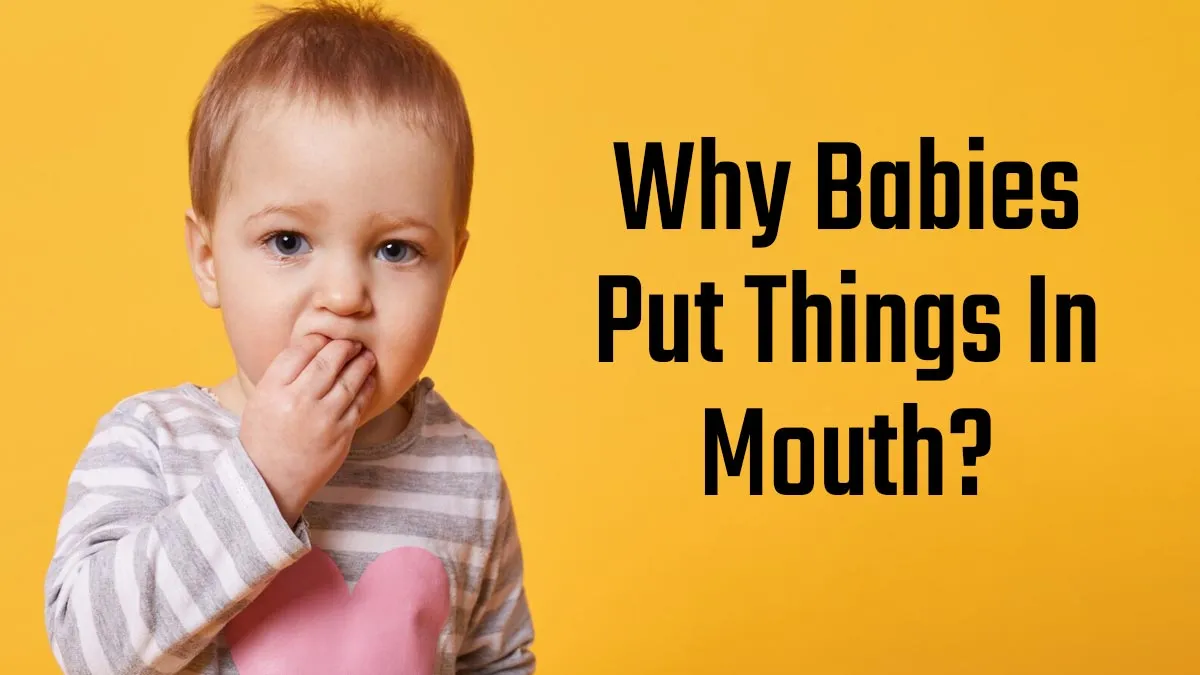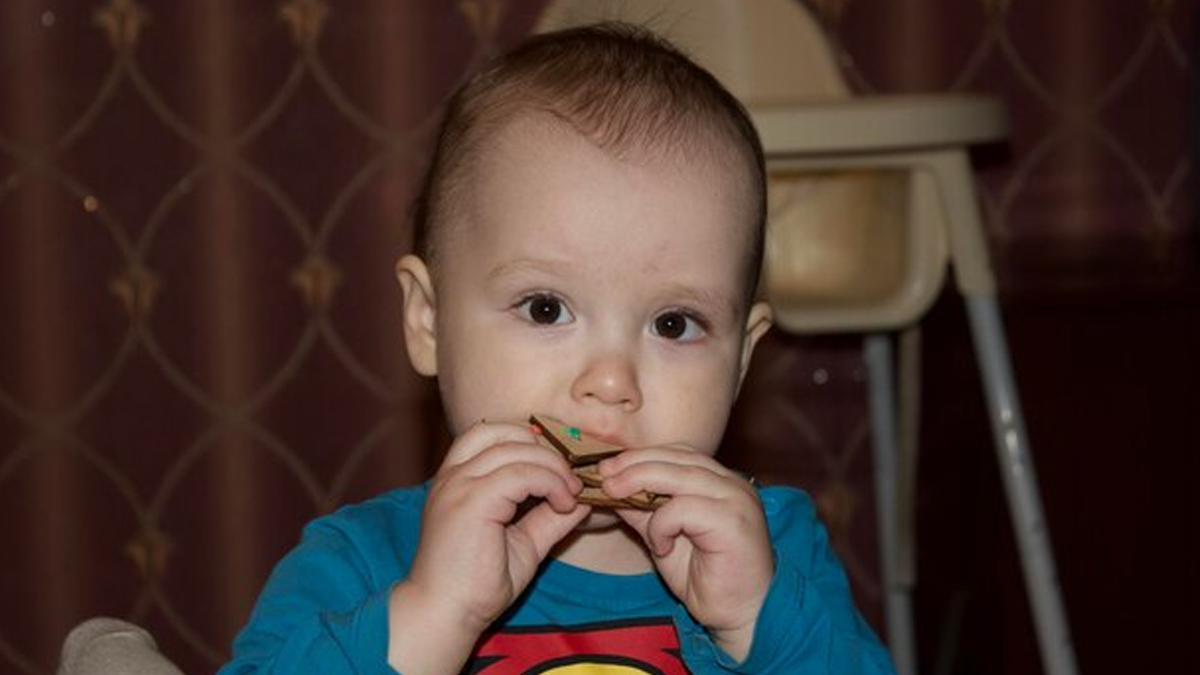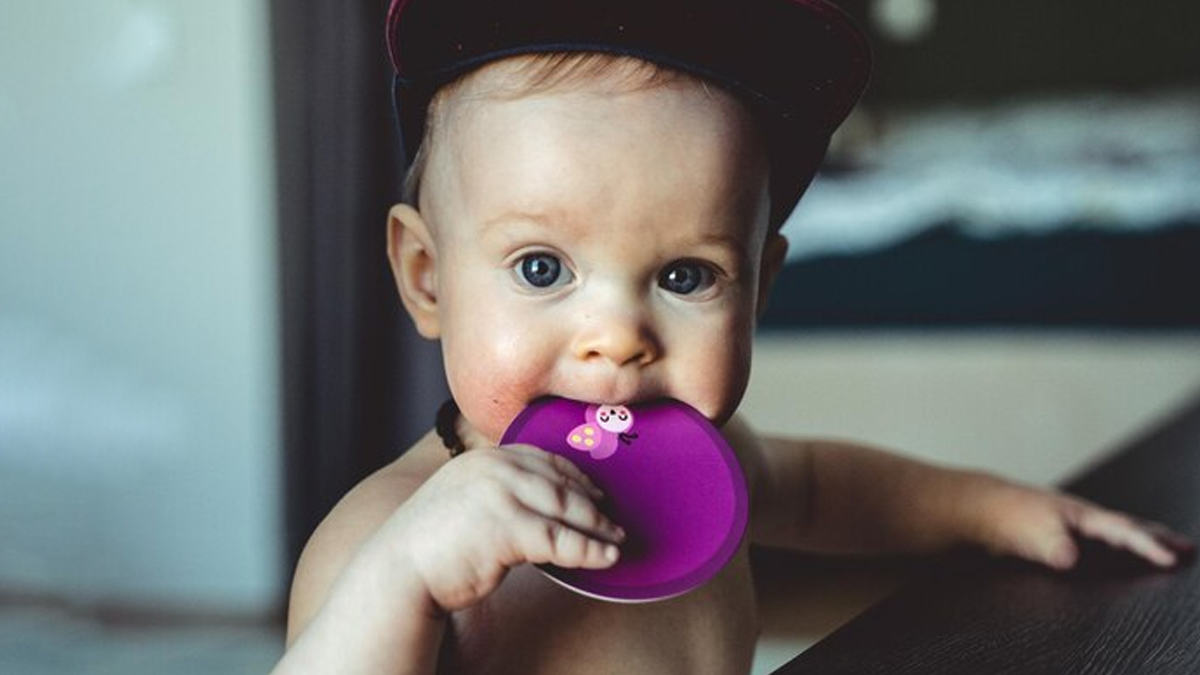
If you’ve ever watched a baby grab a toy or anything and shove it straight into their mouth, you’re not alone. Nearly every parent has panicked as their little one explores the world one slobbery chew at a time. But before you rush to stop them, know this: mouthing is a natural, essential part of early development. Babies use their mouths to learn about textures, tastes, and even their own abilities. But when does this phase start? How long does it last? And should you worry about germs or choking hazards? An expert shares the science behind mouthing, its surprising benefits, and how to keep your baby safe while they satisfy their curious urges.
Table of Content:-
What is Mouthing and When Do Babies Start?
View this post on Instagram
Mouthing is the act of putting objects or hands into the mouth—begins around 3–4 months of age, peaks at 6–7 months, and typically fades by 18 months. Dr Mohit Sethi, Dormer Senior Resident, Maulana Azad Medical College, Delhi, explains: “This isn’t random behaviour. It’s a critical developmental stage where babies explore their surroundings using their most sensitive ‘tool’: the mouth.” At this age, babies have limited motor skills, so their mouths become a primary way to interact with the world.
Why Do Babies Mouth?

a. Sensory Exploration
Babies can’t gauge texture or temperature with their hands alone. “Mouthing helps them learn if something is soft, hard, cold, or fuzzy,” says Dr Sethi. This sensory input builds their understanding of different materials.
b. Prepares for Solid Foods
Repeated mouthing strengthens jaw muscles and reduces the gag reflex. “This ‘training’ is vital for transitioning to solids,” Dr Sethi notes.
c. Self-Soothing
Mouthing comforts babies during stress, hunger, or fatigue. Think of it as their version of a stress ball!
d. Boosts Immunity
While it sounds alarming, exposure to germs through mouthing can strengthen a baby’s immune system.
ALSO READ: Baby’s First Dental Care: Expert Tips for Newborn and Infant Oral Health
Safety First: What Parents Must Know

Mouthing is natural, but vigilance is key. Dr Sethi warns: “Small objects like coins, batteries, or sharp items pose choking hazards. Even jewellery or button-sized toys can be dangerous.” Avoid tiny objects as anything smaller than a toilet paper tube can block airways.
- Choose safe alternatives: Offer silicone teethers, chilled washcloths, or textured toys.
- Supervise always: Never leave babies alone with items they might mouth.
When to Worry: Signs of Excessive Mouthing
While most mouthing is harmless, consult a paediatrician if:
- It continues intensely beyond 18–24 months.
- Your baby mouths non-food items compulsively (e.g., dirt, paint).
- Mouthing interferes with eating or sleeping.
How to Support Healthy Mouthing
-1743072731385.jpg)
- Provide texture-rich toys: Rubber teethers, fabric books, or bumpy silicone rings.
- Clean surfaces regularly: Wipe down floors and toys to reduce harmful germs.
- Stay calm: Avoid yanking objects away abruptly and redirect gently instead.
ALSO READ: Is Air Conditioning Good for Newborn Babies? Find Out the Ideal Temperature Range
Conclusion
Mouthing is a completely normal and important part of your baby's development journey. While it might seem messy or worrisome at first, this phase helps them explore their world, develop essential skills, and even build immunity. Instead of discouraging this natural behaviour, focus on creating a safe environment with appropriate objects for them to explore. Keep small hazards out of reach, offer clean teething toys, and supervise playtime. Remember, this stage won't last forever.
Also watch this video
How we keep this article up to date:
We work with experts and keep a close eye on the latest in health and wellness. Whenever there is a new research or helpful information, we update our articles with accurate and useful advice.
Current Version
